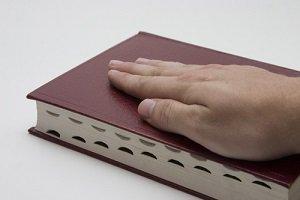Blog

- Home
- Firm Overview
- Attorneys
- Practice Areas
- Collaborative Law and Mediation
- Family Law
- Divorce
- An Amicable Divorce
- Attorneys Fees in a Divorce
- Bankruptcy & Divorce
- Contested Versus Uncontested Divorce
- Dissipation of Marital Assets
- Dividing Marital Debt
- Division of Property
- Divorce Mediation
- Grounds for Divorce in IL
- Legal Separation
- Long-Term Maintenance/Alimony
- Military Divorce
- Protecting Credit During Divorce
- Social Media and Divorce
- Spousal Support
- The Divorce Process
- Child Custody / Parental Responsibilities
- High Asset and Complex Divorce
- Post Divorce Issues
- Resources
- Awards & Memberships
- Firm News
- Legal Articles
- Using Collaborative Law to Resolve Family Legal Issues
- Unconventional penalty for late child support payees gaining momentum
- Tips to Protect Your Credit During and After Divorce
- The Basics on the Enforceability of Premarital Agreements in Illinois
- Separate Lives - One Roof: Divorced Roommates Common in Illinois
- Protecting Your Family-Owned Business During a Divorce
- Proposal to Change Child Visitation Standards in Illinois
- Prenuptial Agreements Becoming Essential Part of Marriage
- New program targets overdue child support payments
- Modern Blended Families
- Leaving Marriage Behind: Many Couples Deciding to Remain Unmarried
- Enforcement of Illinois Prenuptial Agreements
- Divorce and Facebook: Be Careful What You Post
- Discovering Hidden Assets During Divorce
- Considerations for divorced parents seeking to relocate
- Concerns Regarding High-Asset and Complex Divorces
- Cohabitation: Economic Benefits and Drawbacks
- Baby boomer divorce rates increasing, financial planning vital
- Videos
- Blog
- Reviews
- Contact






 In the weeks following the initial
In the weeks following the initial 
